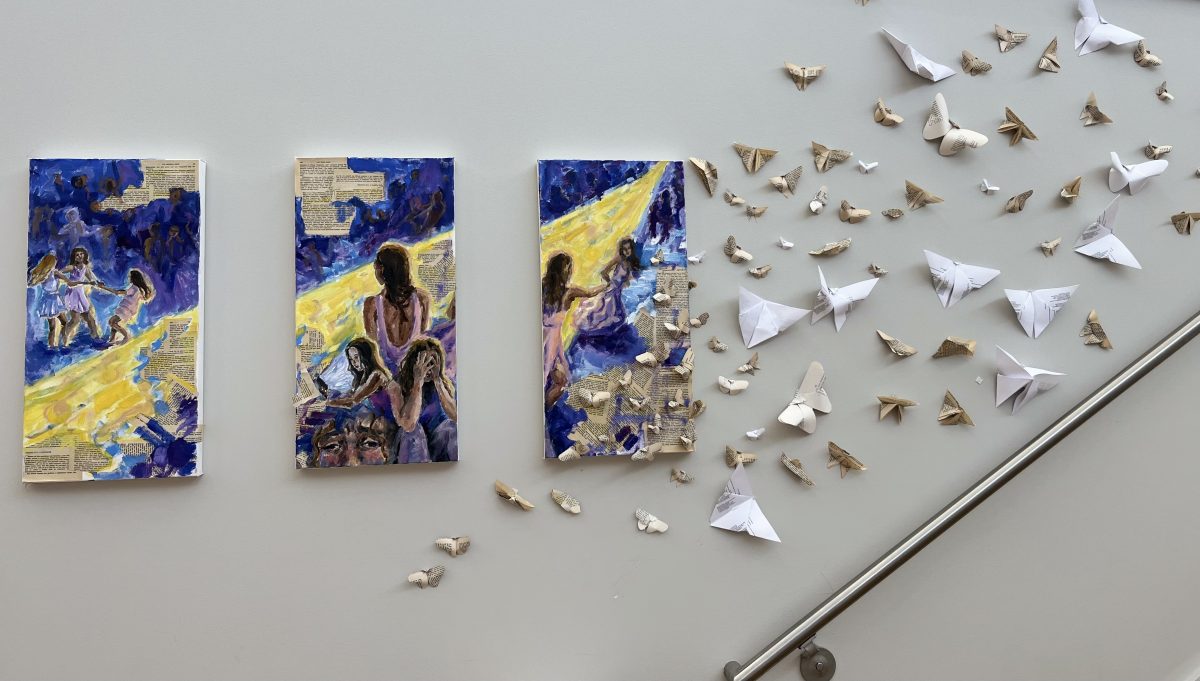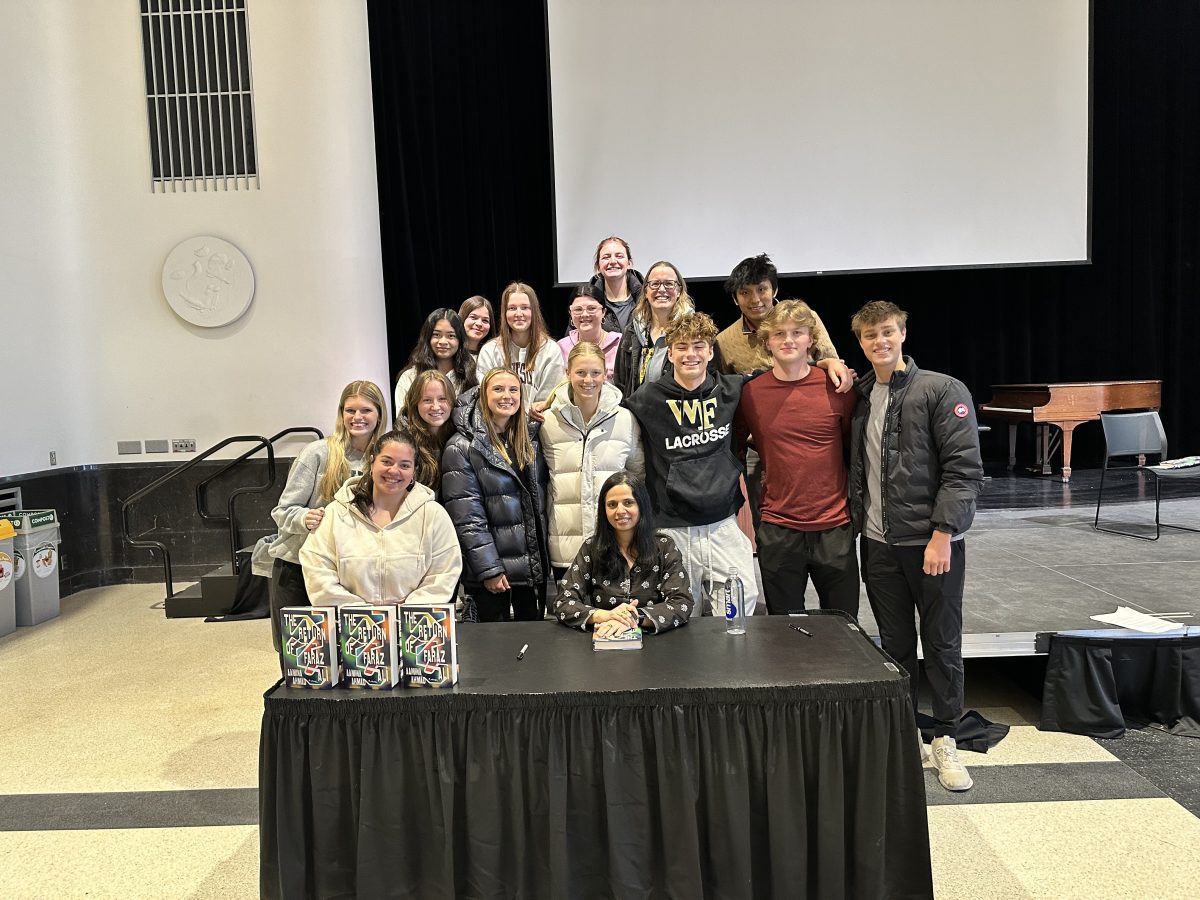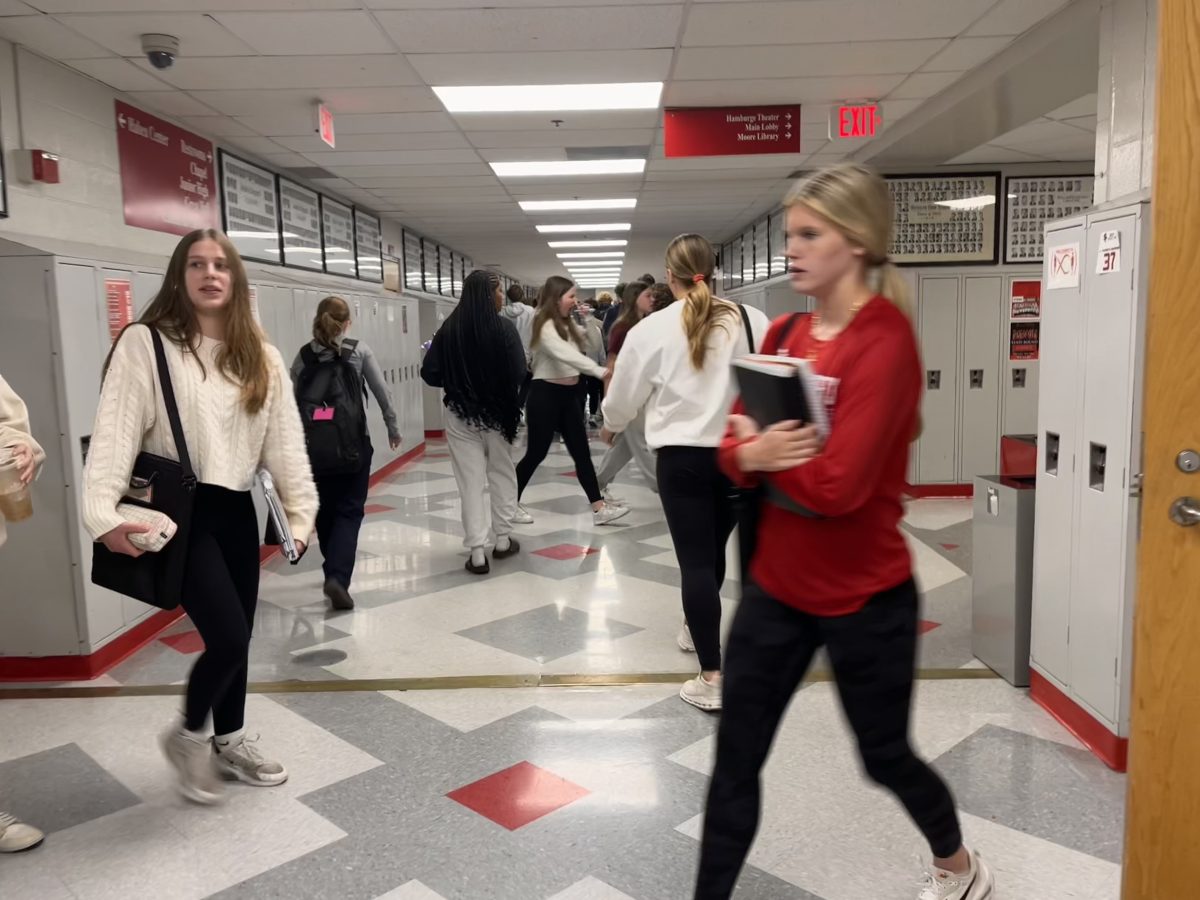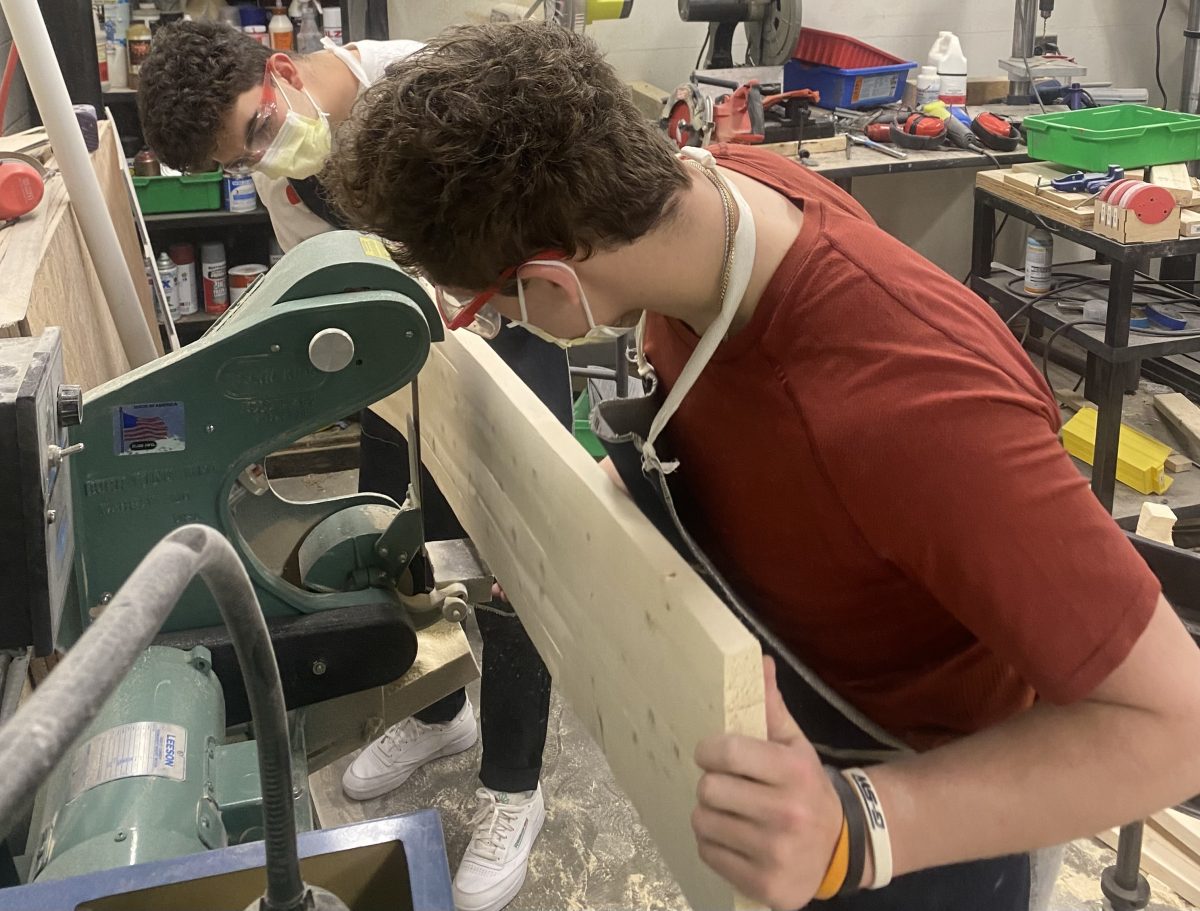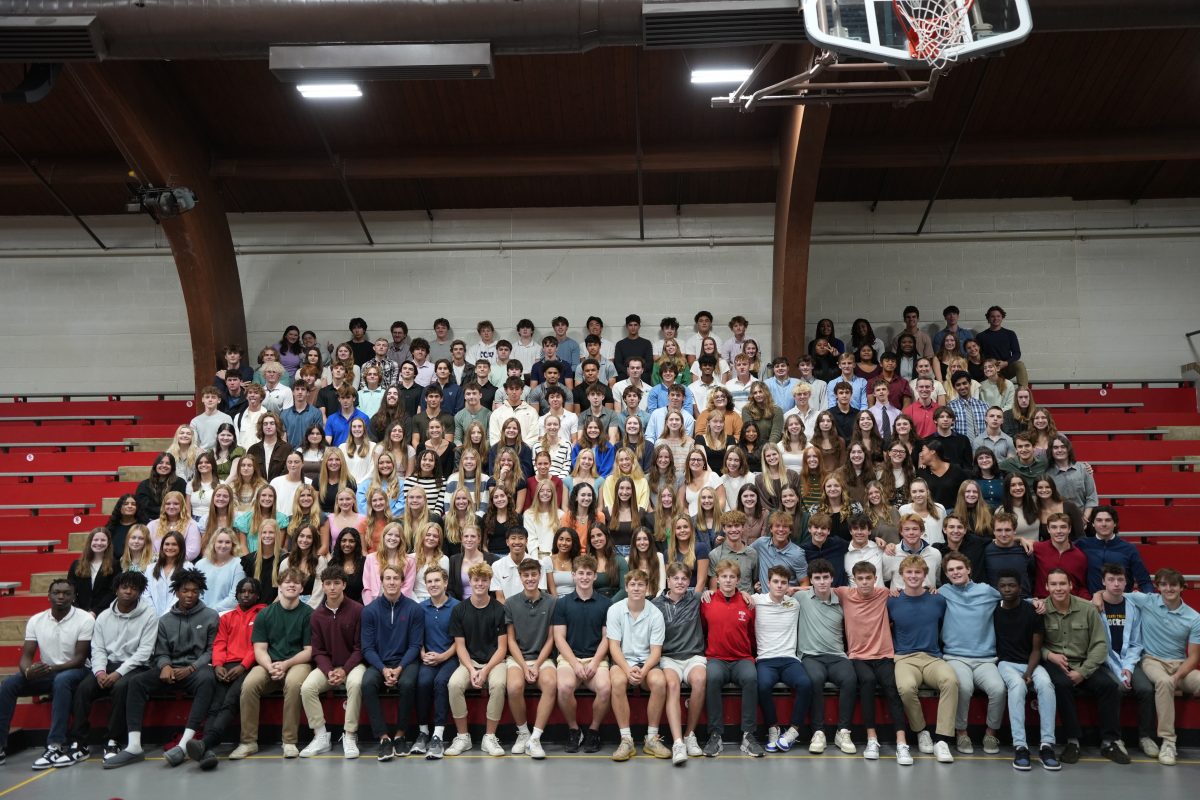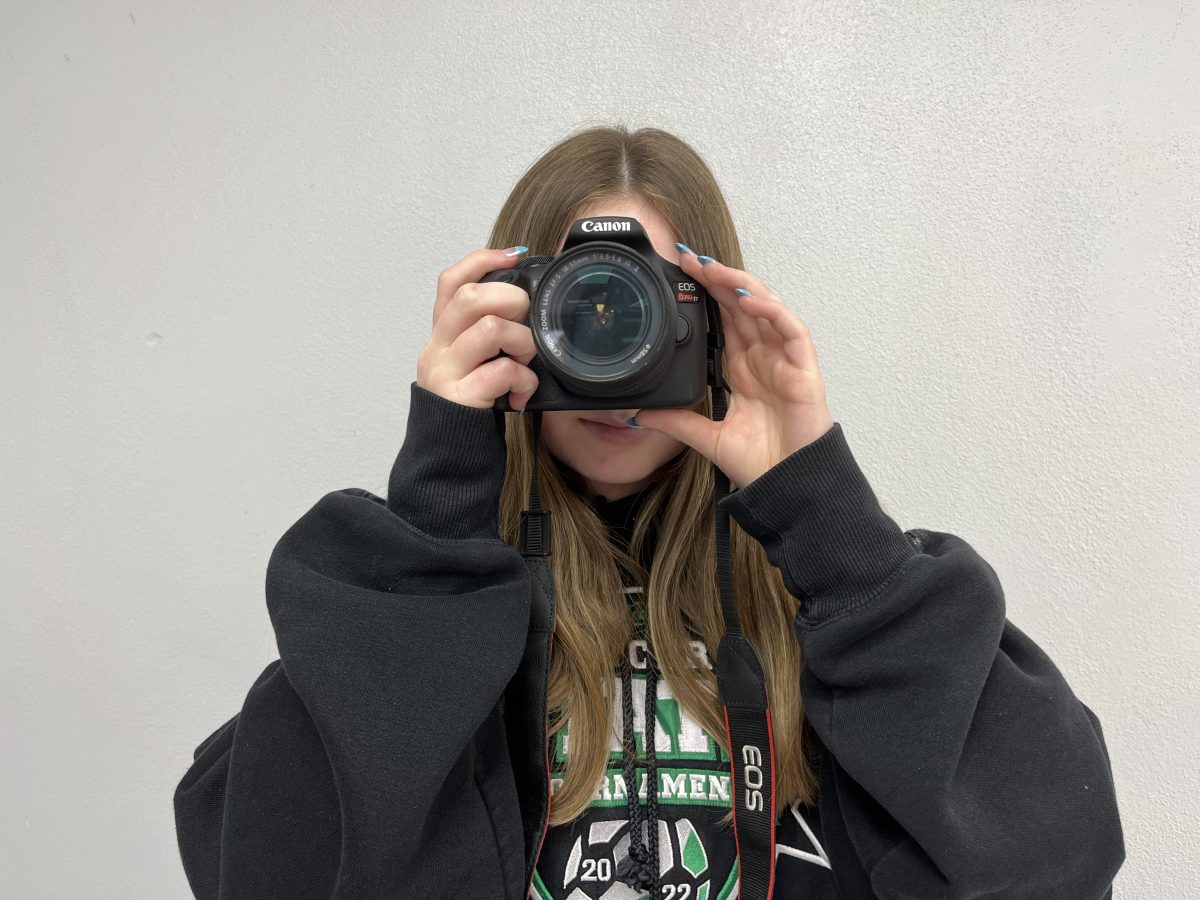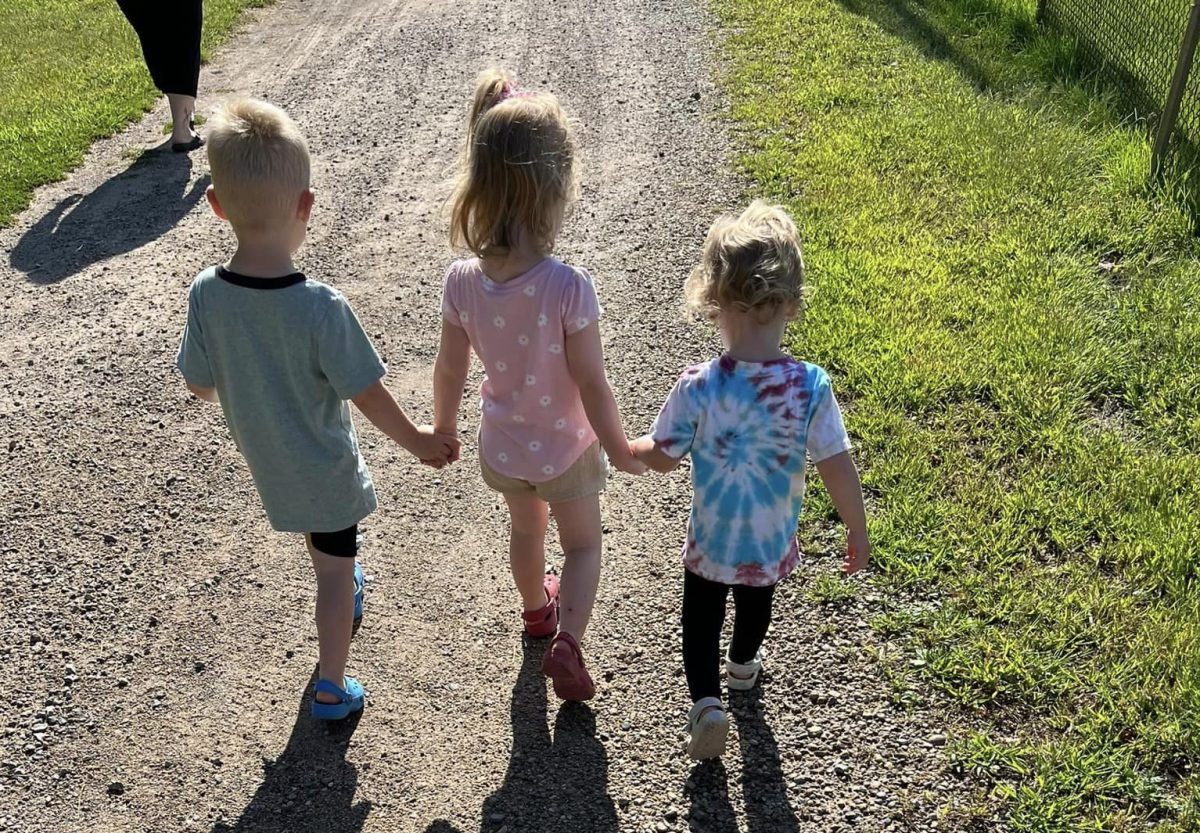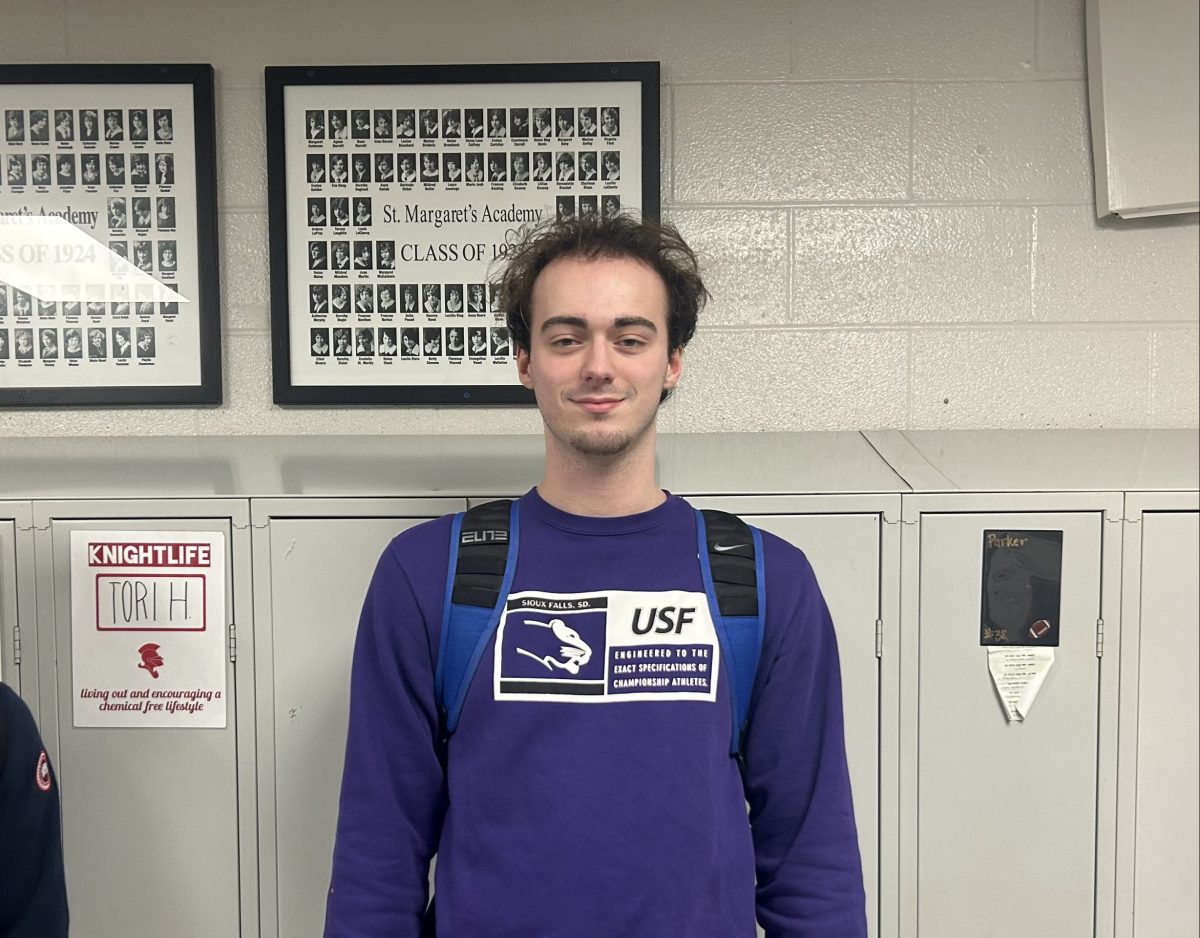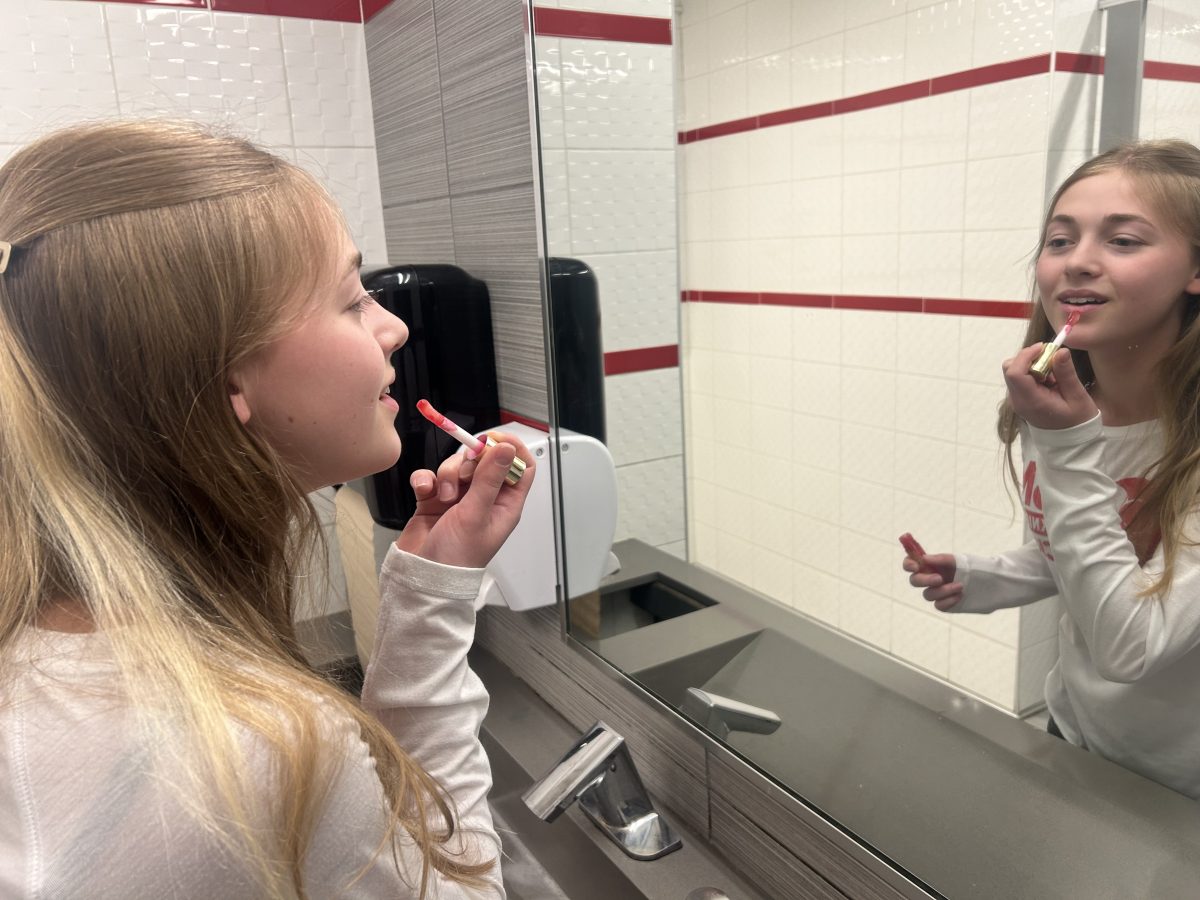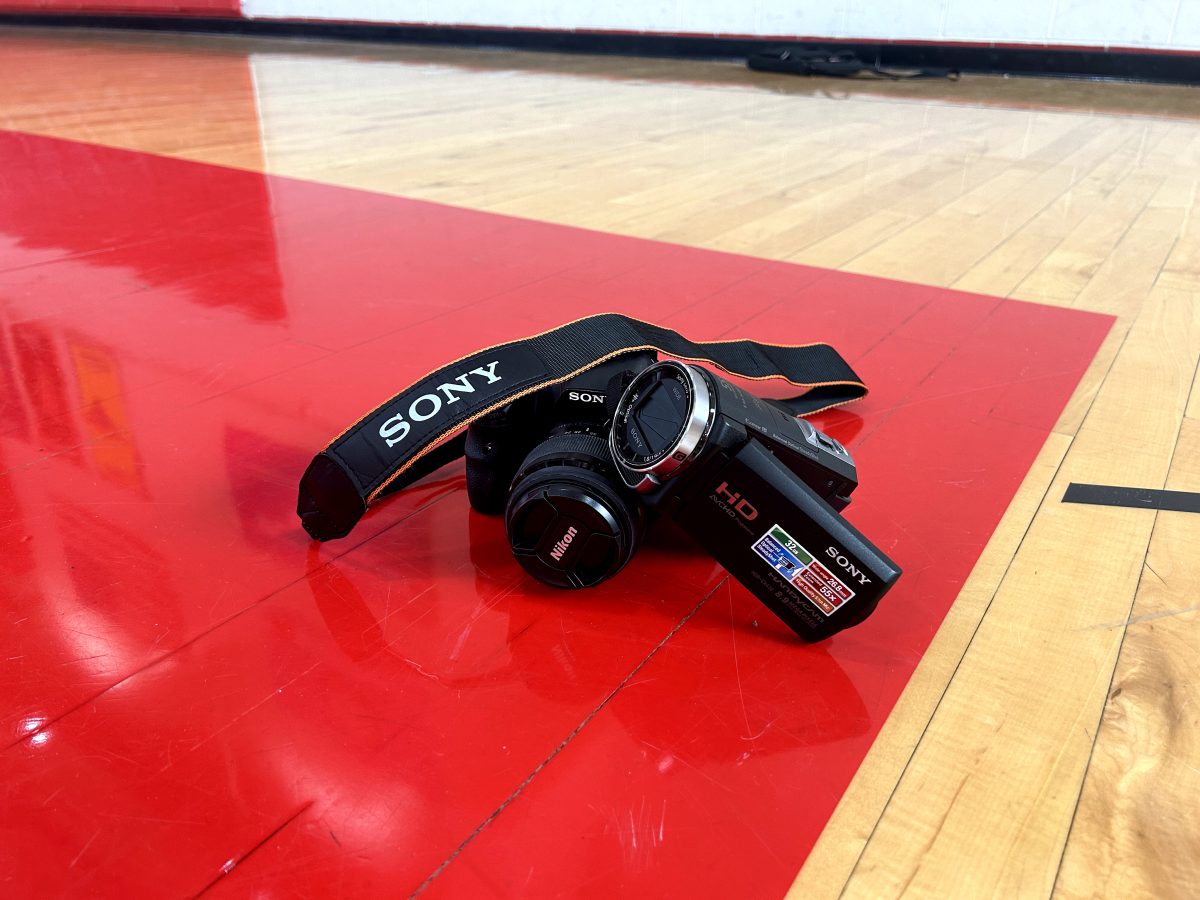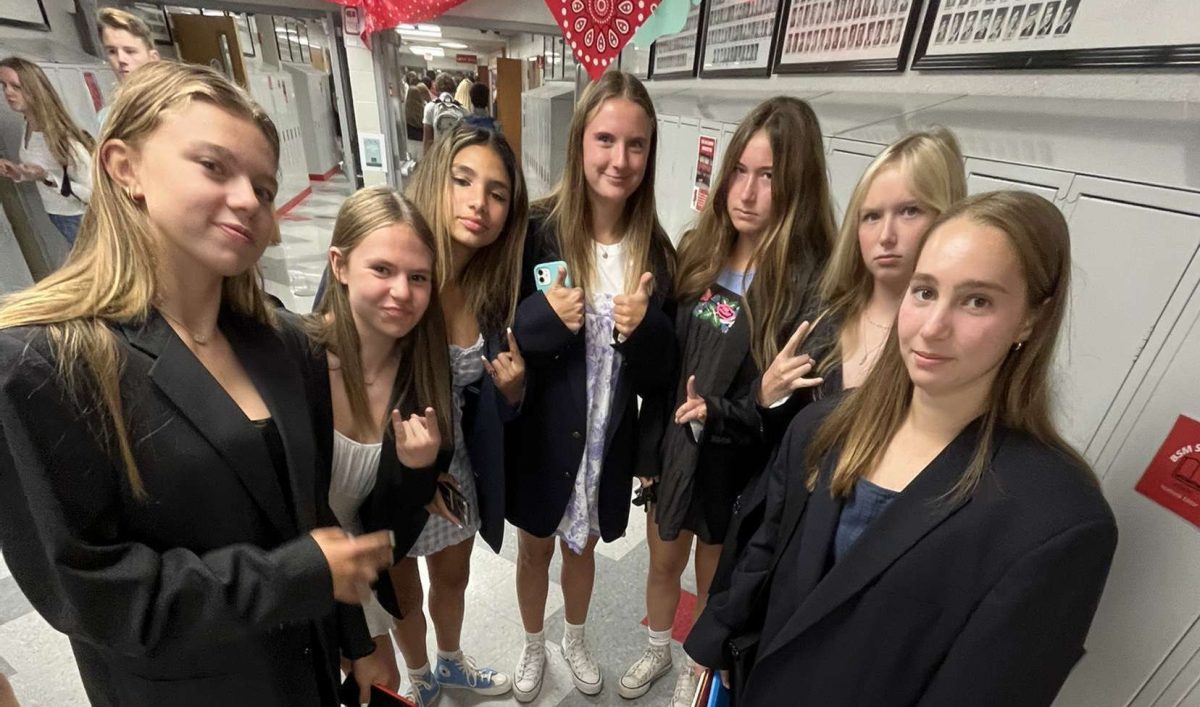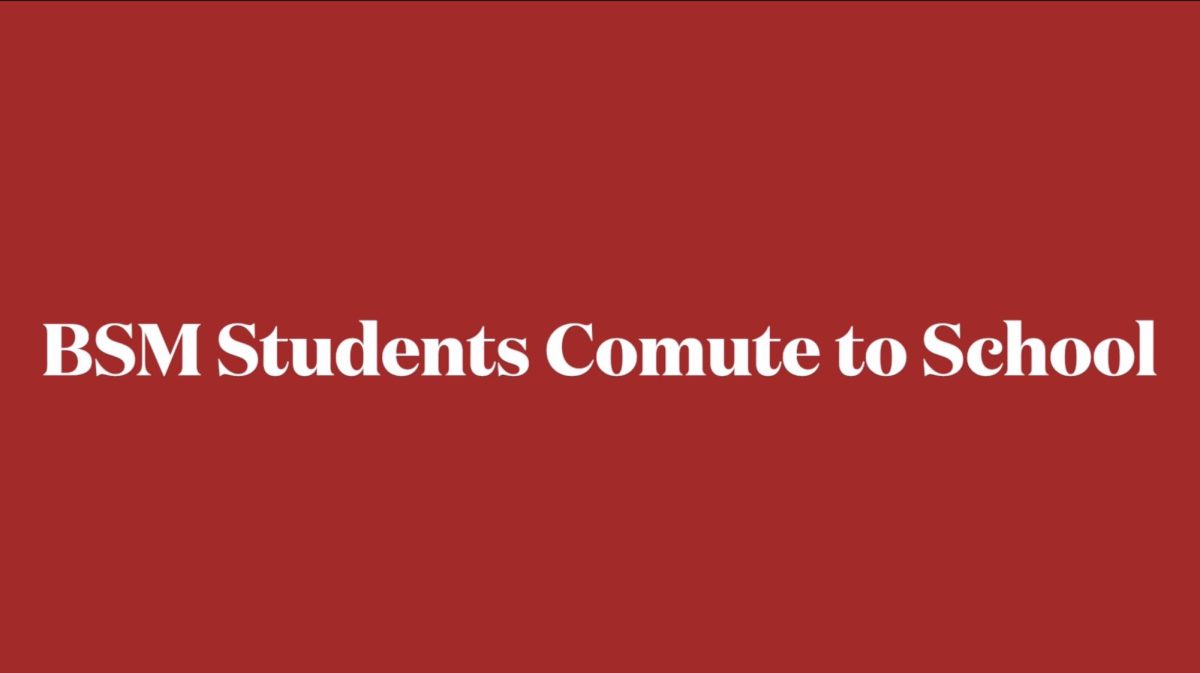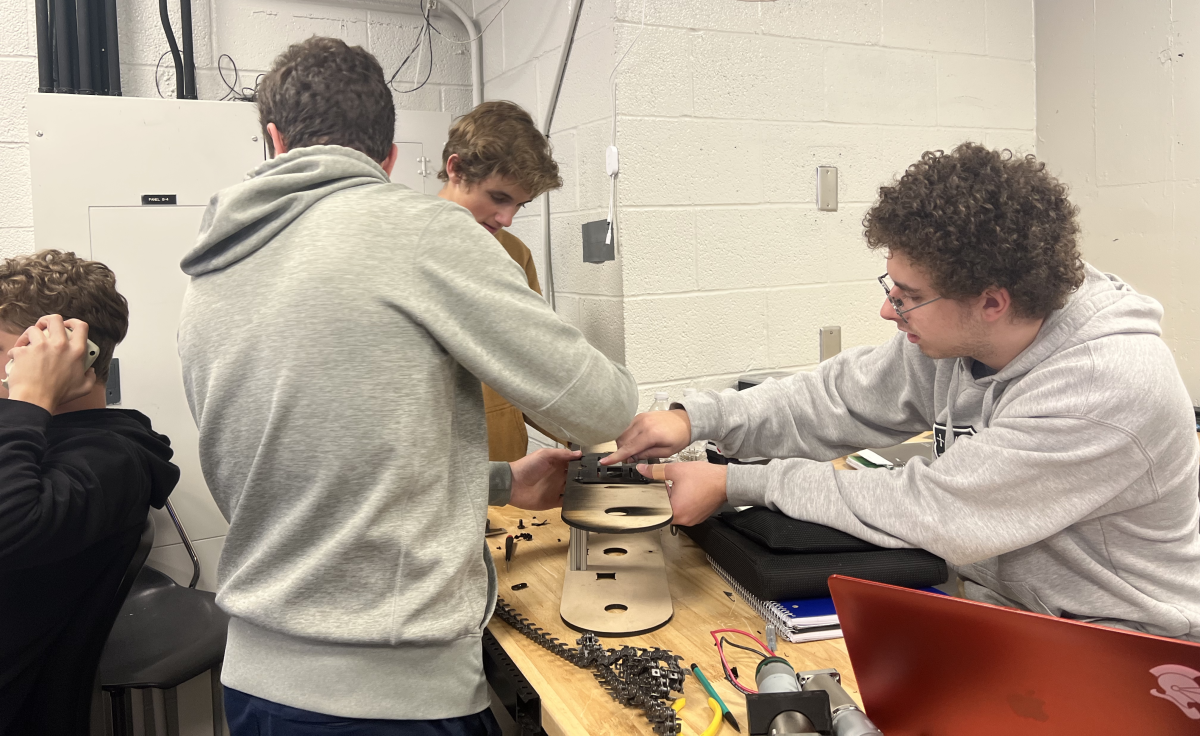Collaboration is a skill that is very beneficial to succeed in many different aspects of life. With the emphasis on critical thinking and communication, it is important for students to learn how to lead themselves and others in order to master these skills. One way that students can get an early jump on mastering these professional skills is by practicing them in their school classes.
While collaboration can be found in a number of classroom settings, it is still difficult to emulate a real-world environment within a traditional classroom. In most classrooms, students are presented with information via a lecture or lesson. This environment lacks the resources for students to be able to take initiative and practice those critical thinking skills.
Engineering students at Benilde-St. Margaret’s have the opportunity to be self-sufficient and work on their own projects at their own pace. Students in engineering are given a lot of freedom to present their ideas to their peers and are able to teach and learn from each other in a way that isn’t available in a solely teacher-led setting. “Students have the freedom they want, but If they need help, I’m more than willing to give them help, especially if it’s within my expertise as a mechanical engineer,” said engineering teacher Charles Nepomuceno.
Students have the freedom they want, but If they need help, I’m more than willing to give them help, especially if it’s within my expertise as a mechanical engineer.”
— Charles Nepomuceno
With freedom comes responsibility. Student-led classes have the potential to become out of control. Without direct instruction from a teacher, it can be easy for students to get off task or begin working on things that aren’t related to the class. However, these classes have policies in place to prevent this, including grade categories. These categories are used to evaluate students in a non-traditional sense. Instead of being tested on their knowledge as they would be prompted to in a math or history class, students are instead tested on their ability to work through problems themselves, which requires their attention and focus. This challenge of staying focused is often learned the hard way but is beneficial for students in the long run for not only their final grade in the class but also for their ability to stay on task later in life in a professional setting. “It is very often a good lesson learned for students on whether or not they need to be either trying harder during class or if they think they’re trying as hard as they need to be,” said Nepomuceno.
In a collaborative setting, teamwork plays a large role in success among students. The students need to work together to accomplish their goals and do well in the class. In order for everything to work in a student-led classroom environment, some people need to take on roles that require more accountability and leadership. The engineering department has four different levels of engineering where students start from scratch and learn the basics, then work their way up to eventually contribute to making the competition robot. Senior Anne Marie Khouier has taken on a leadership position in the robot process, ensuring everything is straight and assigning fellow peers to certain tasks. “Since I’ve been in the program for a while now, it’s nice to finally be fully in the loop of everything happening with Robo Cup and other big projects people are working on,” Khouier said.
At BSM, most classes are still the usual lecture-style type of teaching. This can be beneficial to some subjects, but there are just some classes that seem to work better in an open workspace where students can interact and work together. The Biomed program offered at BSM is a great way for students to be hands-on with their research and work together as groups to dive into different topics. “I definitely prefer my biomed class over like math or history because the class is really led by myself and it really helps me manage my time,” senior Murphy Lawrence said.
While a completely new approach to the way that classes are taught, collaborative classrooms are a way of not only teaching students knowledge pertaining to the class but also teaching them valuable life skills that will help them excel in professional settings later in life. These learning environments give students a lot more freedom than traditional classrooms, giving students the opportunity to practice and develop real-world skills like leadership, critical thinking, time management, and the ability to work in a team setting.

